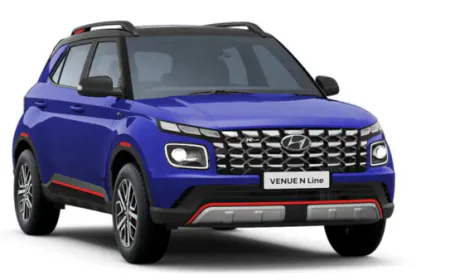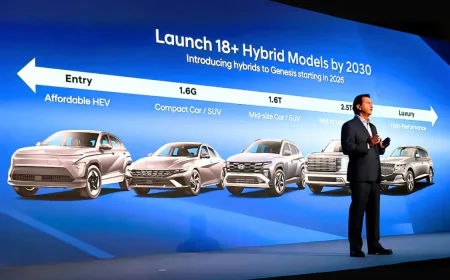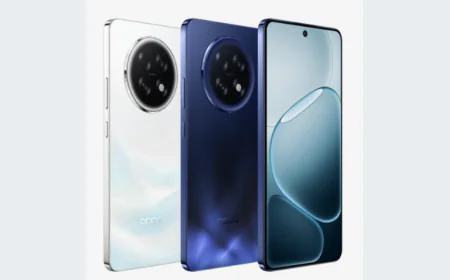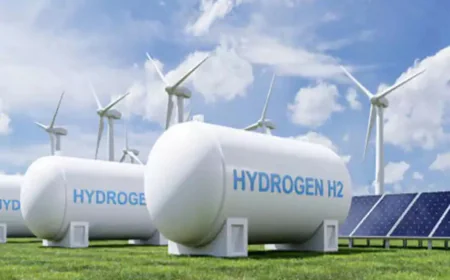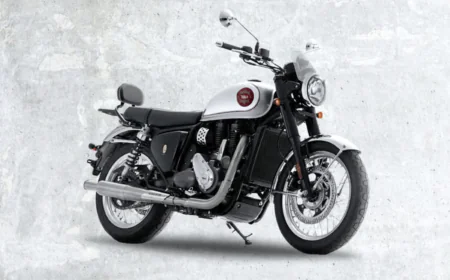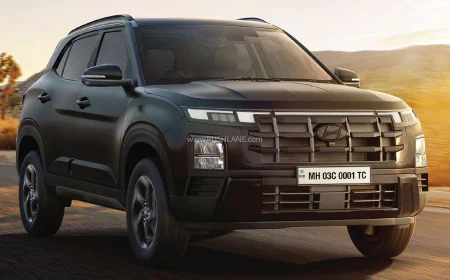EU imposes fine of about ₹4,238 crore on VW, Stellantis and others, Mercedes-Benz disclosed
Auto Scam: The global automobile industry is already preparing for a difficult phase after the US President imposed high tariffs on imported vehicles. Now a new news from Europe has worsened the situation. The European Union (EU) has exposed a major scam in the automobile industry.

After the US President imposed high tariffs on imported vehicles, the global automobile industry is already preparing for a difficult phase. Now a piece of new news from Europe has worsened the situation. The European Union (EU) has exposed a major scam in the automobile industry.
The EU fined 15 leading car companies operating in Europe and the European Automobile Manufacturers Association (ACEA) a whopping fine of $495 million (about Rs 4,237.62 crores). They were fined for operating a long-term 'end-of-life' (ELV) car recycling cartel. The companies all admitted to the offense and settled the case.
It was discovered by the probe carried by the European Commission that 15 leading car manufacturers and ACEA had been privy to anti-competitive deals and unethical means relating to recycling of ELV vehicles for 15 years. ELVs are vehicles that are made non-roadworthy due to their old age, damage or excessive use. They are processed as scrap to be recycled and reused.
Among the major companies involved in this scam was Mercedes-Benz, which first disclosed this cartel and in return got exemption from a fine of 35 million pounds (about Rs 323.34 crore). Other companies, such as Stellantis (which includes Opel), Mitsubishi and Ford, also received some exemptions for cooperating with the European Commission.
The European Commission's investigation revealed collusion on two key issues:
- The car manufacturers decided not to pay dismantlers to process ELV vehicles. The companies claimed that ELV recycling was already a profitable business, so they adopted a "zero-treatment-cost" strategy. In addition, these companies exchanged information about their individual agreements and strategies.
- The companies decided not to disclose the extent of recycling and reuse of ELV vehicles. This prevented consumers from knowing how much recycled material was used in new vehicles. This strategy was intended to make consumers consider environmental factors less important when buying a car, thereby reducing pressure on companies to exceed legal environmental standards.















